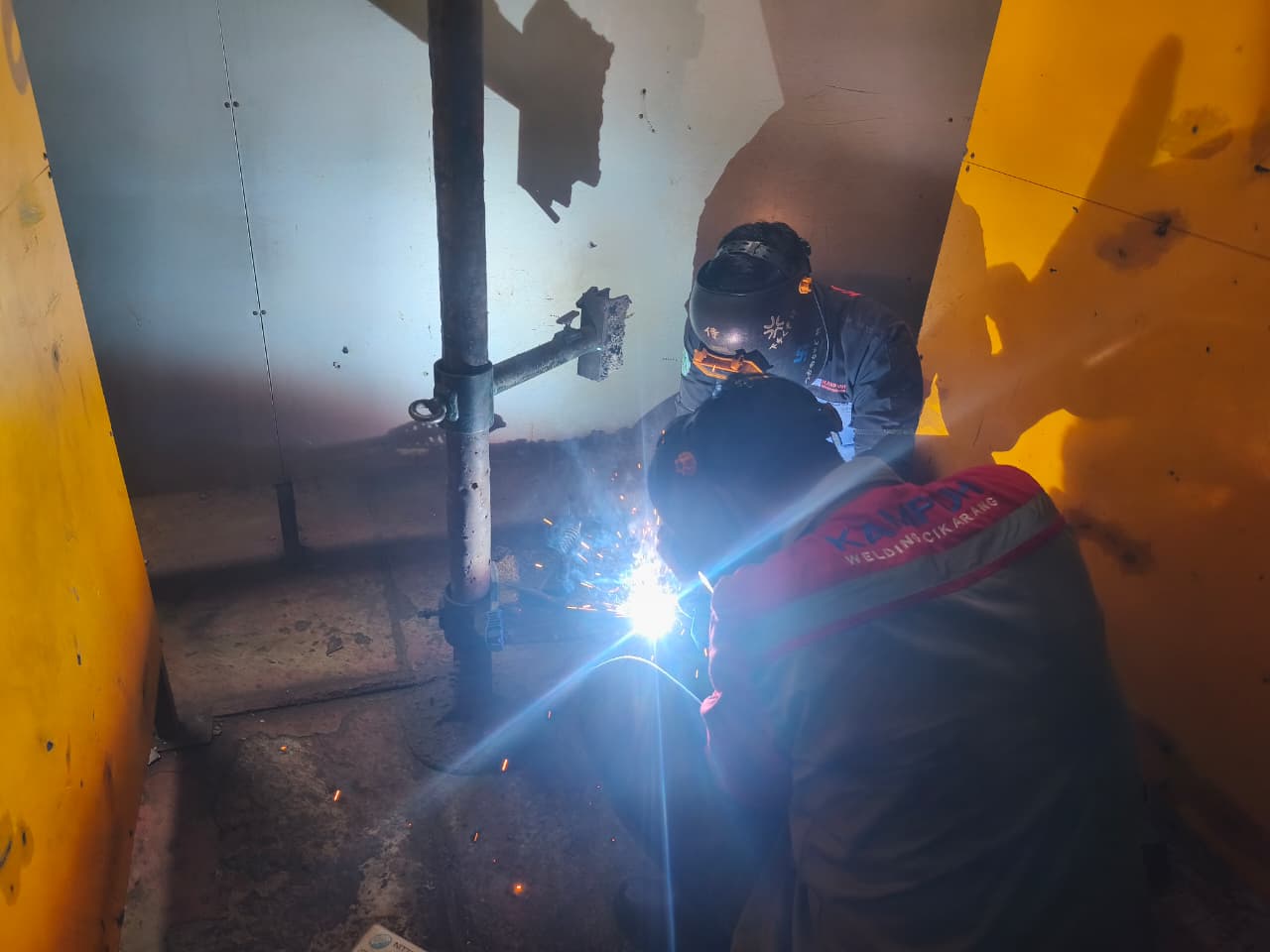To accelerate the alleviation of unemployment and poverty, the government has budgeted Rp8 trillion to strengthen job training programs for welding and hospitality. With the strengthening of vocational training units, it is expected to create skilled workers who are ready to work both at home and abroad.
Coordinating Minister for Economic Affairs Airlangga Hartarto said that the government is preparing strategic steps to strengthen labor training programs in welding and hospitality. According to him, the President has given directions in a cabinet meeting to prepare at least 500 thousand workers in the two fields.
"The Minister of P2MI will coordinate its implementation, with budget support of around IDR 8 trillion," said Airlangga during a press conference at his office, Wednesday (22/10/2025).
This program will be run together with the Ministry of Manpower and designed in line with the national apprenticeship program. Airlangga said that the need for skilled workers in the two sectors has also been discussed in a number of bilateral meetings between the President and various countries.
"In terms of demand, these workers are expected to be absorbed abroad, because many countries require these two professions," he said.
Real success
Job Training Institutions (LPK) have proven to be successful in producing skilled and ready-to-work candidates. One of them is LPK KampuhWelding in Cikarang, Bekasi Regency, which has successfully created prospective migrant workers skilled in welding.
To date, Kampuh Welding Cikarang claims to have produced more than 3,000 professional welders with national and international certificates.
Training at Kampuh is designed to provide graduates with industry-recognized skill standards, especially for those who wish to work in Japan. The main program focuses on mastering the 3G position and FCAW process, with certification of skills from Nippon KaijiKyokai (NK), a Japanese ship classification society that is an important reference for the international shipping industry.
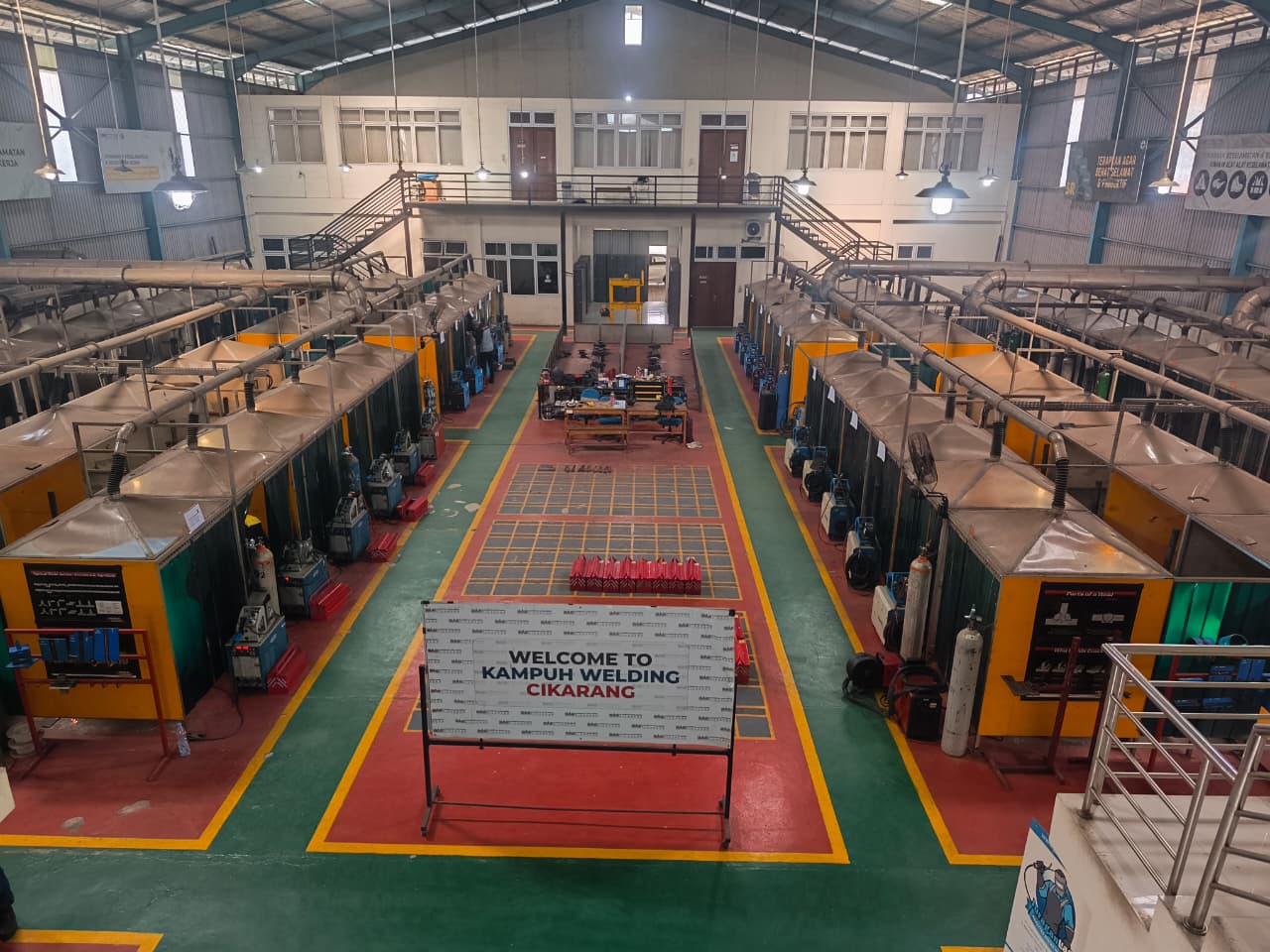
According to monthly statistics from Japan's Ministry of Health, Labor and Welfare (MHLW) through the Hello Work network, as of June 2024, there were 71,959 job openings in the manufacturing sector and 71,455 in the construction sector, the two sectors that employ the most welders.
Working in Japan is indeed lucrative in terms of wages. In his experience, an apprentice can be rewarded with a wage of Rp13 million. A permanent worker can earn Rp24 million if gross. Cut here and there, the net is around IDR 18 million.
General Manager of Kampuh Welding Cikarang Repindo Merdeka explained that the training at Kampuh is designed so that graduates have industry-recognized skill standards, especially for those who want to work in Japan.
The main program focuses on mastering the 3G position and FCAW process, with certification of expertise from Nippon KaijiKyokai (NK), a Japanese ship classification society that is an important reference for the international shipping industry.
However, Kampuh Welding Cikarang does not yet have an administrative license to send participants directly to Japan like Kampuh Welding Surabaya. They only act as a provider of skills training and certification, while job distribution is carried out through other institutions.
"We prepare their skills and certificates first so that when opportunities arise, they are ready," Repindo said.
Read also:
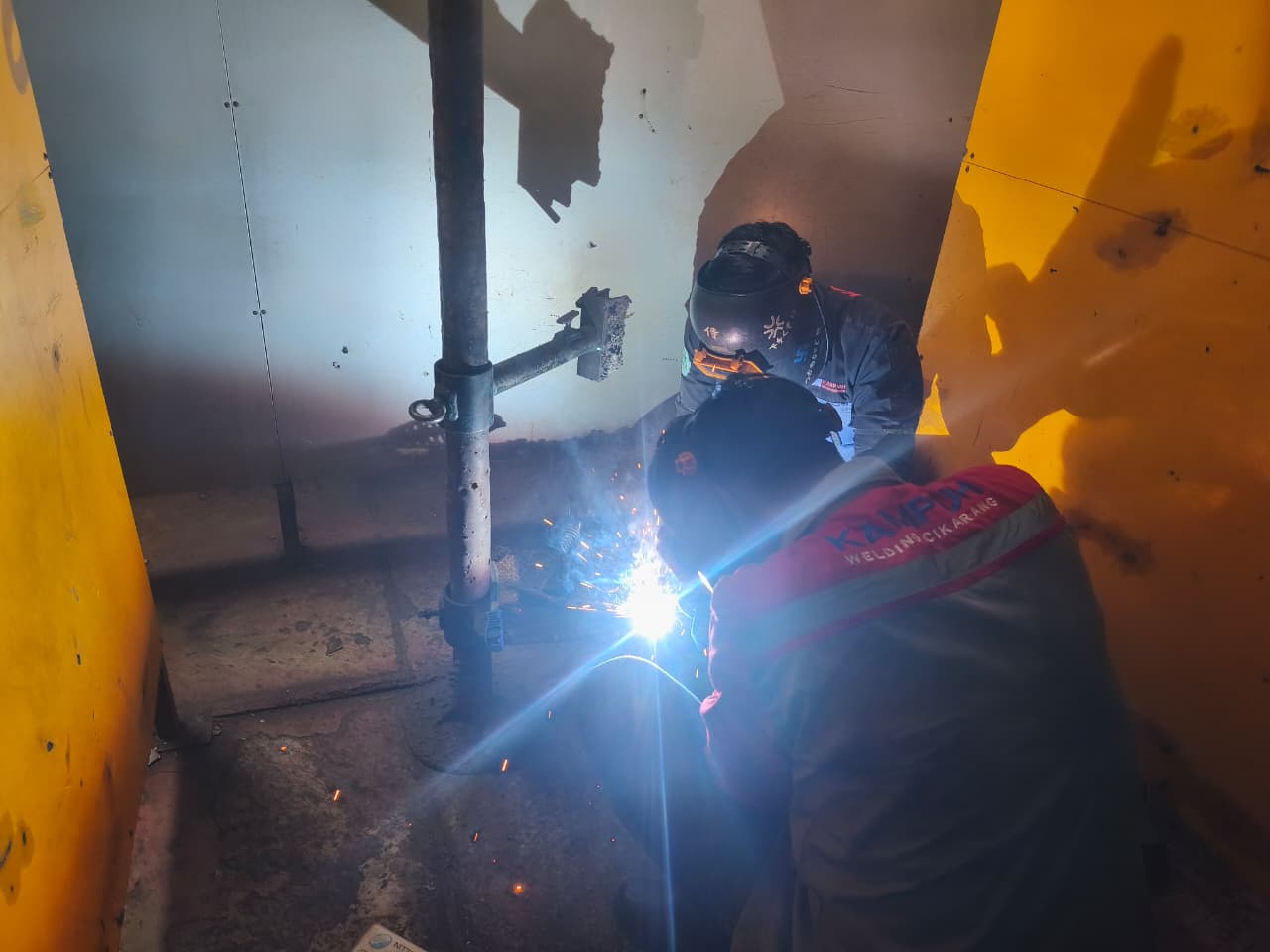
Meanwhile, one of the successful LPKs in the hospitality or nursing sector is Fuji Academy, located at Biomedical Campus, BSD City, Tangerang. This LPK focuses on training and channeling prospective Indonesian migrant workers (PMI) in the care sector to Japan.
Fuji Academy BSD is a branch of Fuji Academy located in Denpasar, Bali. Established in February 2025, Fuji BSD has successfully trained and graduated 25 students in February and 40 students in June.
"In August there were 29 students who had passed. They have already found a company. We are just waiting for the administrative documents to be completed and they can leave immediately," said Thiki Adelina Permatasari, Principal of Fuji BSD.
Read also:
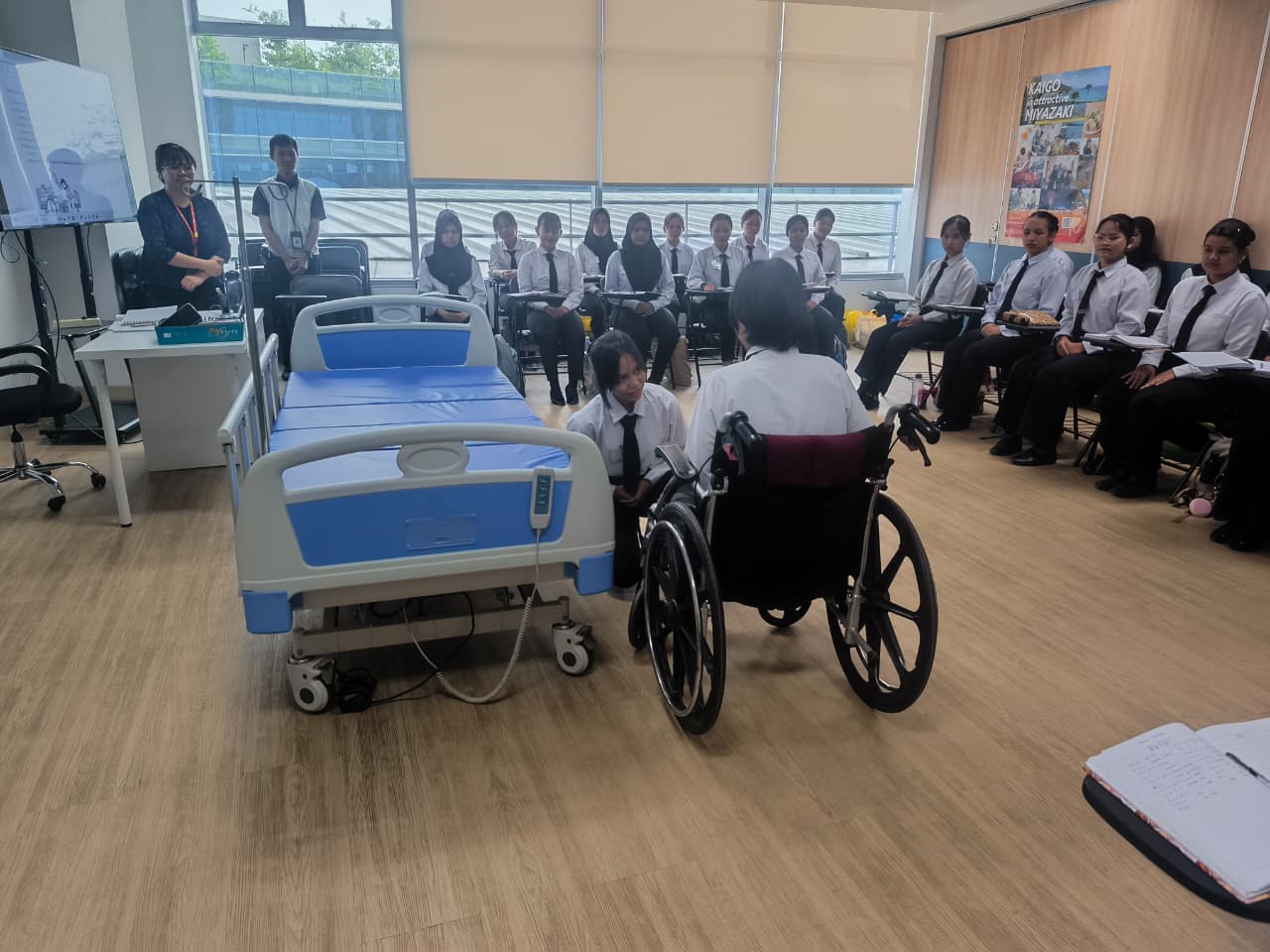
Thiki added that high income is one of the motivations for students working in Japan. "After deductions here and there, our kaigo there can earn a net of Rp17 to Rp18 million every month," Thiki said.
Kaigo jobs in Japan do offer lucrative wages. Sensei Lili, a teacher at Fuji BSD says the figures far exceed similar jobs in the country.
"Definitely double digits," says the former kaigo who worked in Hyogo from 2014 to 2018.
Lili added that if a kaigo works well, the company will increase his salary regularly. Based on her experience, Lili's salary increases by Rp300,000 to Rp500,000 every year.
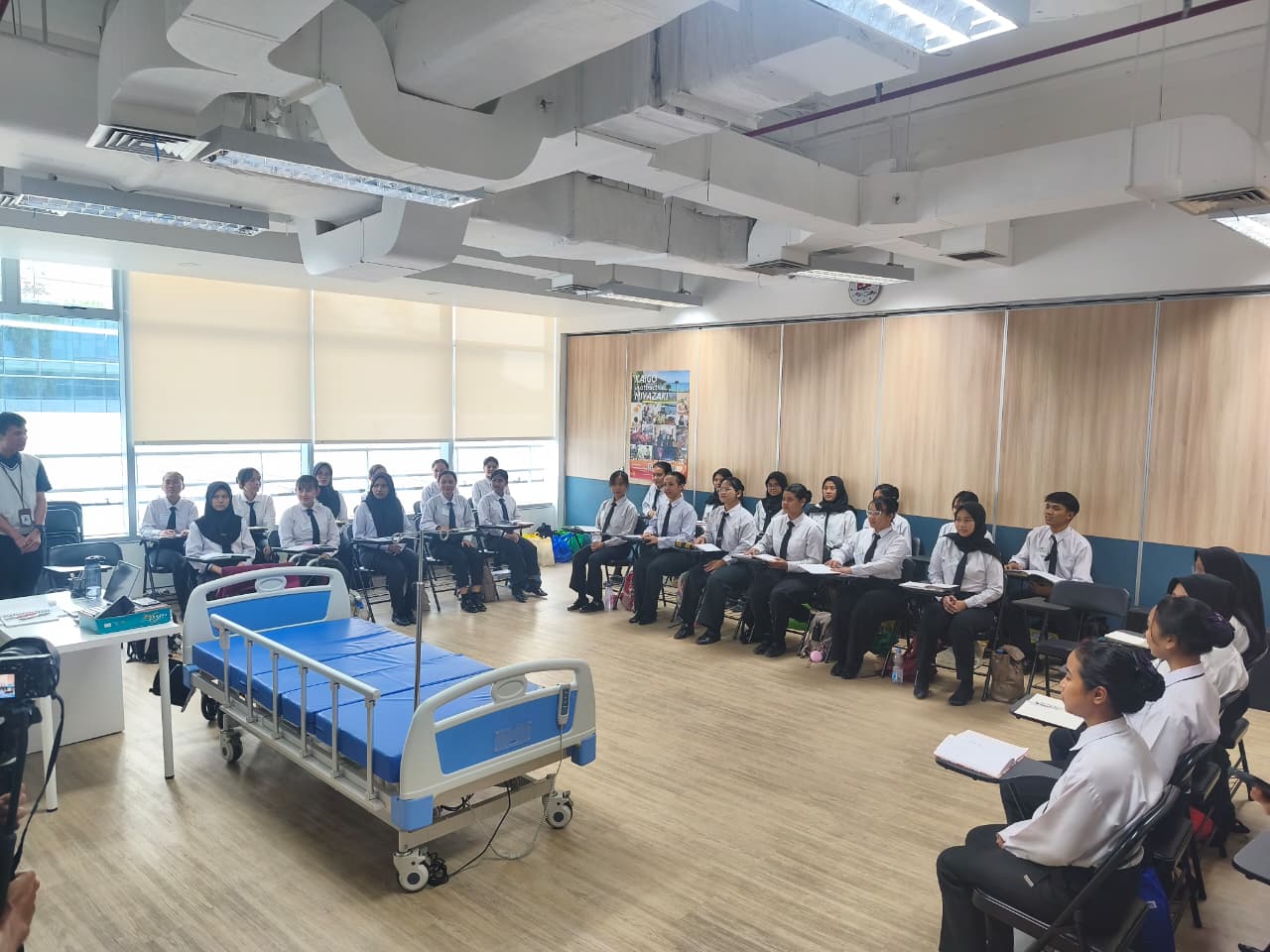
According to a report by Japan's Ministry of Health, Labor and Welfare (MHLW) for fiscal year 2024 released in 2025, the average monthly salary of a caregiver in Japan is 338,200 yen or equivalent to IDR 37.1 million per month. If you only count the basic salary and fixed allowances, the average is 253,810 yen or around Rp27.8 million.
On the other hand, demand for kaigo in Japan is also relatively high. The Cherry Blossom country is experiencing an aging population. The number of elderly people who need care is increasing, while there are fewer young and local caregivers.


